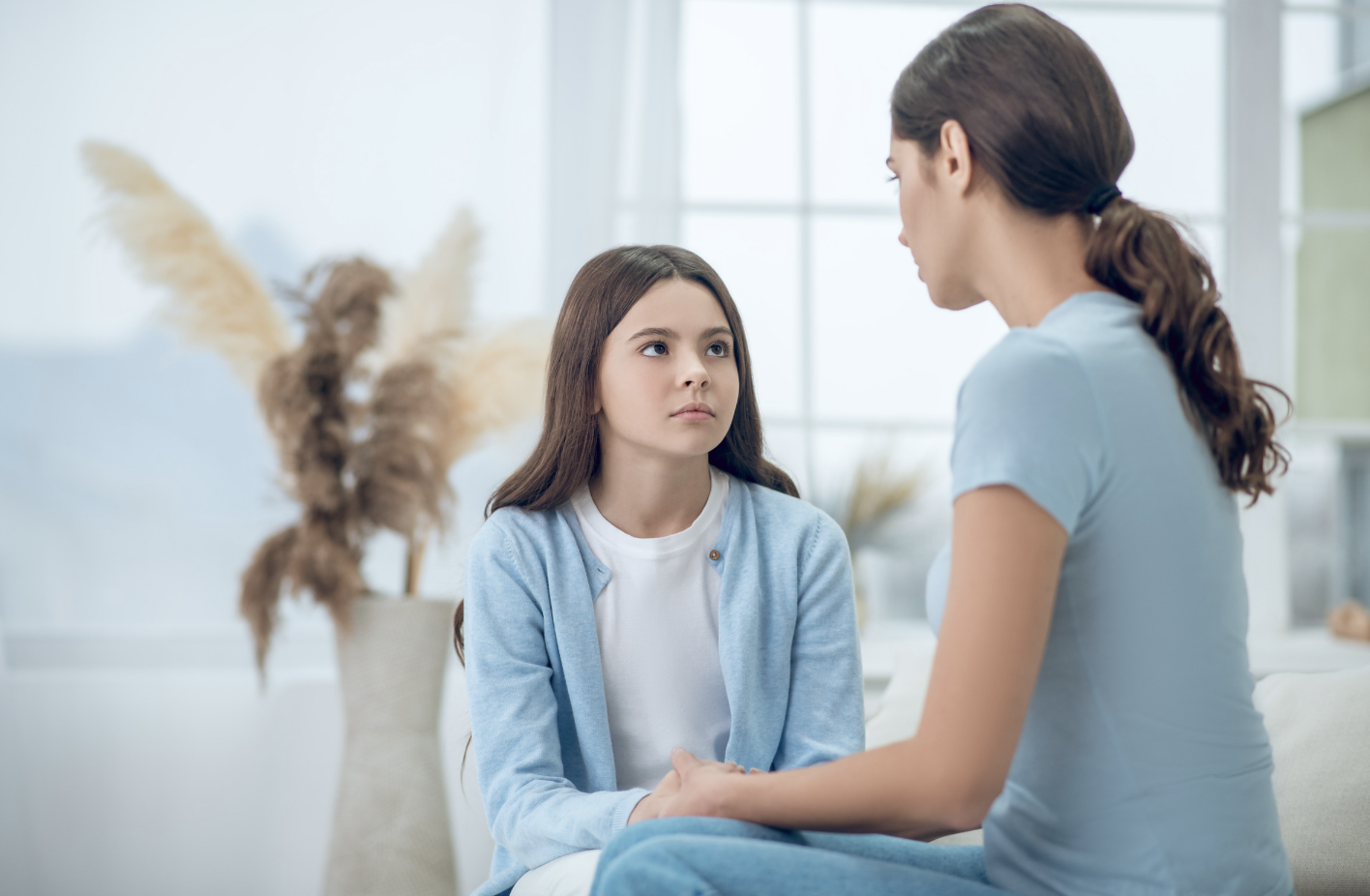Signs of PTSD in Children

How Does PTSD Affect Children?
Recognizing the signs of PTSD in children is particularly important to understand. Undoubtedly, all children may experience stressful events in life impacting their feelings, thinking processes, and behaviors. However, children who experience severe trauma from accident and/or injury, death or threatened death of close family members and friends, violence, physical and sexual abuse, natural disasters (i.e., flood, fire, tornado, hurricane) or manmade disasters (i.e., school shootings, war, chemical spills, etc.) can develop the long term symptoms of PTSD. These symptoms can then interfere with their relationships, activities, and overall functioning. When the symptoms have lasted for over a month after the trauma, the child may be diagnosed with Post Traumatic Stress Disorder or PTSD.
In short, PTSD is defined as a mental health condition that is brought on by trauma which creates stress symptoms lasting longer than one month after the trauma is over and significantly impacting an individual’s life functioning.
Signs and symptoms of PTSD in children include the following:
· Upsetting dreams, sleep problems, flashbacks, nightmares

· Reliving the trauma or having intrusive/re-occurring thoughts of the traumatic event
· Becoming easily startled, scared, or anxious.
· Feeling more moody, sad, or angry than usual after the traumatic event
· Loss of memory of some parts of what happened
· Becoming avoidant of “triggers” or “reminders” of what happened
These signs and symptoms of PTSD can manifest in children as:
· School problems
· Unusual clinginess
· Developmental regression (i.e., bed wetting)
· Repetitive play that involves acting out the trauma, re-experiencing the trauma, drawing pictures of the trauma
· Increased temper tantrums, irritability
· Withdrawal from others
· Refusal to participate in new activities
· Disorganized behavior
· Sexual acting out
Overall, PTSD can have profound effects on children of all ages. Thankfully, with patience and support from a mental health professional, children can heal and overcome PTSD.
Some of the current therapies used to treat PTSD are:
· Play Therapy
· Memory Processing
· EMDR
· Trauma-Focused Cognitive Behavioral Therapy
· Relaxation Techniques
· Coping Skills Development
As shown above, Hope Nation Counseling has highly skilled and trained therapists who can help children of all ages return to a healthy level of functioning and continue to grow and develop into balanced and capable young adults. If you think your child presently needs support for a trauma they have experienced, please give us a call. Nonetheless, there is always hope and help available!
Click here to contact HopeNation today to schedule a consultation.
References
- Peterson, T. (2021,December 29). PTSD in Children: Symptoms, Causes, Effects, Treatments, Healthy Place.
- DSM V

Bethany Keith
